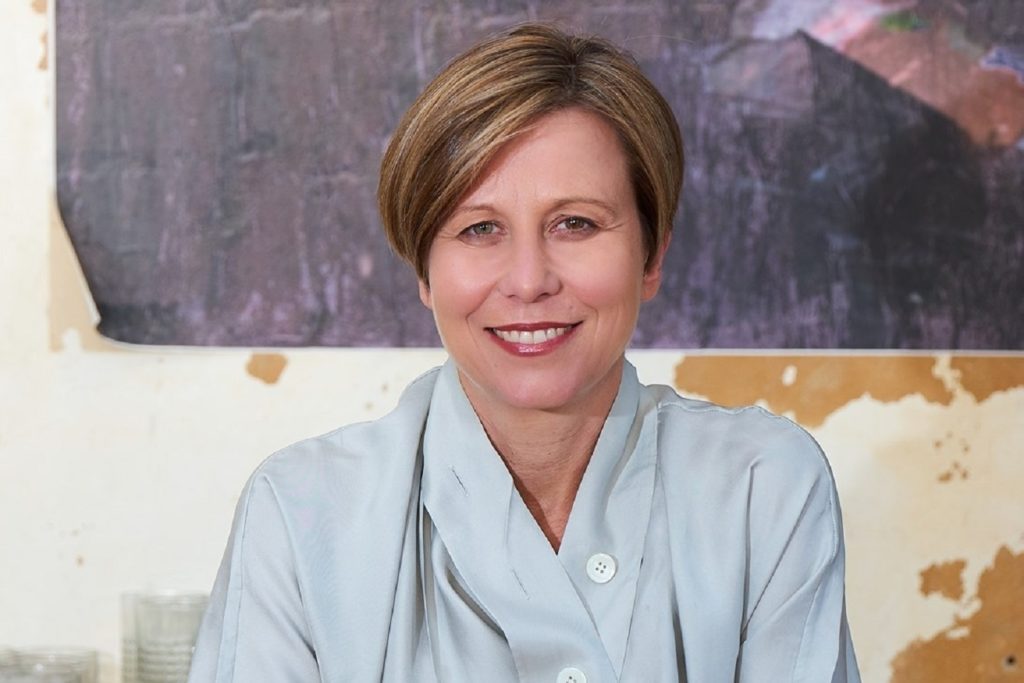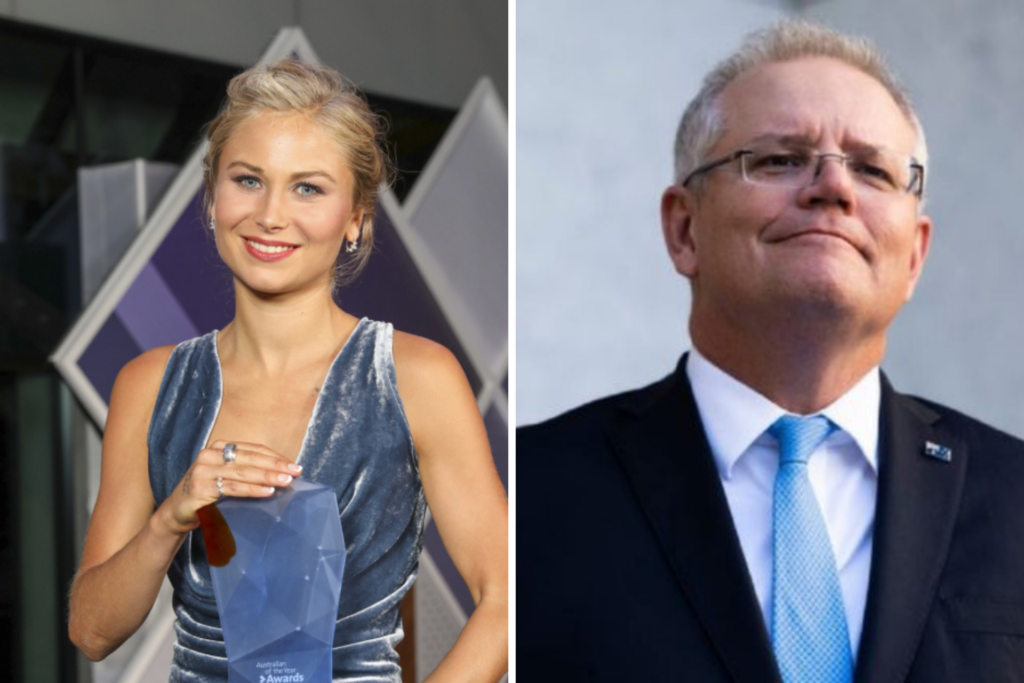This week marks the end of Grace Tame’s time as Australian of the Year. She has used her tenure to provide a clarion call for a national reckoning about the treatment of women. Along with other victim-survivors and advocates she has challenged us to do better.
We must honour her work in this role, as well as the work of so many others, by achieving a National Plan, writes Labor Senator Jenny McAllister.
We didn’t know it at the time, but Grace Tame’s powerful advocacy coincided with – and amplified – a cultural moment that had been building in Australia.
Two months after Grace Tame was appointed as Australian of the Year, hundreds of thousands of women would be marching across the country demanding better. These protesters were driven by decades of ongoing inequality and ill-treatment. But they were also angry at a coalition government that used its time in office to ignore the interests of women and bury their complaints.
In 2013, Prime Minister Tony Abbott decided to appoint himself Minister for Women. In 2021 Prime Minister Scott Morrison told women’s rights protesters they should count themselves lucky they weren’t met with bullets like in some other countries. These have been a very long eight years for Australian women.
The past year has seen Scott Morrison and his government scramble to put together something – anything! – to meet the anger. But if your heart isn’t in it, symbolism becomes tokenism very quickly.
The Morrison government is now presented with an opportunity to respond in the most concrete of ways. The National Plan to End Violence Against Women and Children is up for renewal. The National plan is the key framework to drive change to the complex web of laws, policing, social services, health services, education and prevention that shape our ability to prevent domestic violence, and support victims. It runs for ten years and binds all the states, territories and the commonwealth, so there is a lot at stake.
In good news, we’ve never been in a better position to demand a more ambitious response. We know much more about the actions and mentality of perpetrators, about how abuse manifests, about the psycho-social consequences on victims and children and about the short- and long-term physical harm. A network of survivors and advocates has worked incredibly hard to educate Australians. And Aboriginal and Torres Strait Islander people have made it abundantly clear that services will be most successful when they are designed and delivered by First Nations people.
However, one critical element is missing. A national plan, without national leadership, will struggle to achieve national progress.
Does the current government possess the ambition, creativity and urgency required to deliver a sustained effort required to tackle this problem?
The early signs are not promising. The draft National plan has been delivered late, and the community was given just two weeks to provide comment during the January school holidays.
Then there’s the content of the draft Plan. The draft plan’s failure to include a commitment to social housing, or to paid domestic violence leave represent just two areas of missed opportunity.
The Commonwealth needs to make a meaningful contribution in the areas it controls – social security, migration, the NDIA, family law and the workplace relations system. Victim-survivors rely on government services to support them, to keep them safe and to help rebuild their lives. These services cannot be allowed enable abuse. I have seen little evidence that reforming these services is a priority for the current government.

For Scott Morrison, everything is someone else’s responsibility. But we can’t afford to have finger-pointing about something as important as the prevention of violence.
In the end, the Commonwealth is by far the biggest player. It controls the purse strings, and it is the only level of government that is able to bring others together and lead.
During the time it’s taken you to read this, the police will have recorded another domestic violence offence.
This week may conclude Grace Tame’s time as Australian of the Year, but together with other survivor advocates, she has driven a lasting national conversation about the treatment of women, and the prevalence of physical, emotional and sexual violence against women and children.
Our responsibility is to honour their courage by establishing a national plan with a real prospect for success.


